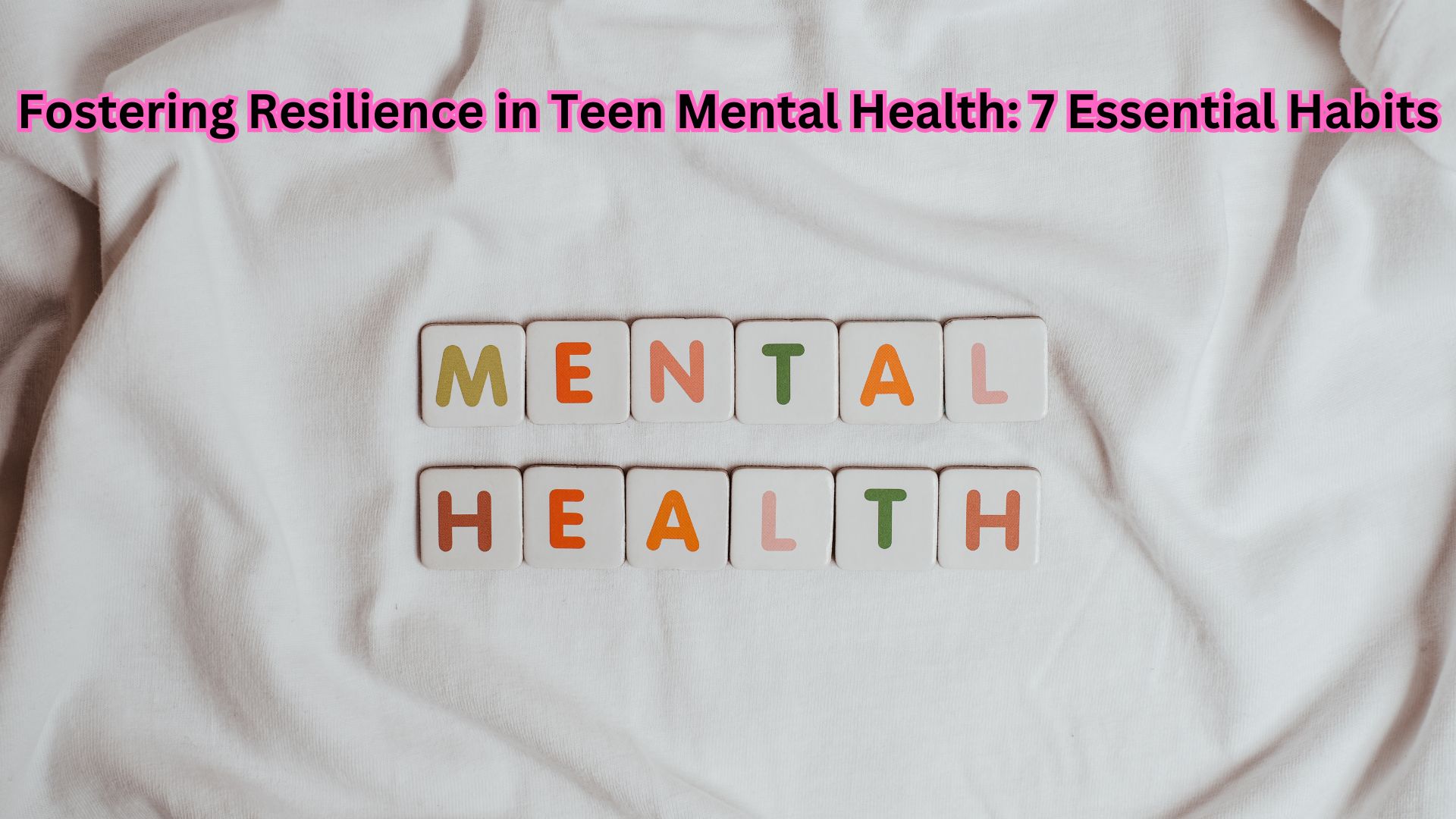
Mental health plays a crucial role in shaping our thoughts, emotions, and life choices across the lifespan, from childhood through adolescence and into adulthood. However, adolescence, marked by significant changes and challenges, can be a particularly sensitive period for mental well-being, as teenagers undergo these transformations while their brains are still maturing.
Global statistics underscore the gravity of adolescent mental health issues. In November 2021, the World Health Organization (WHO) reported that approximately one in seven individuals aged 10 to 19 experiences a mental disorder, contributing to 13% of the disease burden within this age group worldwide.
India faces a concerning situation, as it holds the highest youth suicide rate globally, according to a study published in February 2022 by Devika Mehra and her colleagues. Suicide stands as the leading cause of death among Indian youth. Neglecting to recognize and address these conditions during adolescence can lead to long-term consequences. Common mental health disorders during this period include anxiety, depression, ADHD, eating disorders, psychosis, suicide/self-harm, and risk-taking behaviors.
Indicators that teenagers might require mental health support include:
- Persistent changes in mood or behavior.
- Social withdrawal and isolation.
- Decline in academic performance.
- Changes in sleep patterns.
- Appetite changes.
- Loss of interest in activities they once enjoyed.
- Frequent physical complaints (such as headaches and stomachaches).
- Increased irritability or anger.
- Expressing feelings of hopelessness or worthlessness.
- Self-harming behaviors.
- Substance abuse.
- Talking about suicide or death.
If any of these signs are observed, it is essential to seek professional help and support for the teenager.
Various factors affect the mental health of teenagers:
- Peer Pressure: Adolescents often strive to fit in, which can lead to stress and risky behaviors as they try to meet their friends’ expectations.
- Social Media Acceptance: The quest for online approval can trigger self-esteem issues and anxiety as teenagers compare themselves to curated online personas. Influencers shape perceptions, fostering unrealistic expectations and dissatisfaction.
- In the digital age, teenagers have grown accustomed to instant gratification through smartphones and the internet. This can reduce patience and persistence in real-life situations, leading to frustration and impatience.
- Prolonged screen use disrupts sleep, encourages sedentary behavior, and exposes teenagers to harmful online content and cyberbullying.
Here are seven habits that can help improve a teenager’s mental health:
- Quality Time: Create an open and non-judgmental space without distractions. Spend one-on-one time with your child and engage in family activities.
- Let them share freely, without pressure: Talking about their feelings takes trust and courage. Be a trustworthy listener, possibly the first one they confide in.
- Listen attentively and reflect on what they say: You don’t need to agree, but understanding and respecting their feelings is essential. Value their thoughts, acknowledge their achievements, and demonstrate genuine interest in their life.
- Avoid Diagnosing: While offering support, refrain from diagnosing or jumping to conclusions. Acknowledge that you’re not a trained counselor.
- Express Love and Care: Show affection in ways your child appreciates, whether through physical gestures or quiet quality time together.
- Self-Care: Discuss stress management and self-care techniques. Encourage a healthy lifestyle with regular exercise, a balanced diet, and adequate sleep.
- Promote Healthy Screen Habits: Prioritize quality sleep by turning off screens 30 to 60 minutes before bedtime. Encourage screen-free activities such as outdoor adventures and spending time with friends.
Morning Meditation: Enhancing Well-being with Reduced Stress, Anxiety, and Increased Energy
Teen mental health is not only a personal matter but also a societal concern. By fostering these seven daily habits and promoting a supportive environment, we can empower teenagers to prioritize their mental well-being, ultimately leading to healthier, more resilient individuals and communities.

One thought on “Fostering Resilience in Teen Mental Health: 7 Essential Habits”